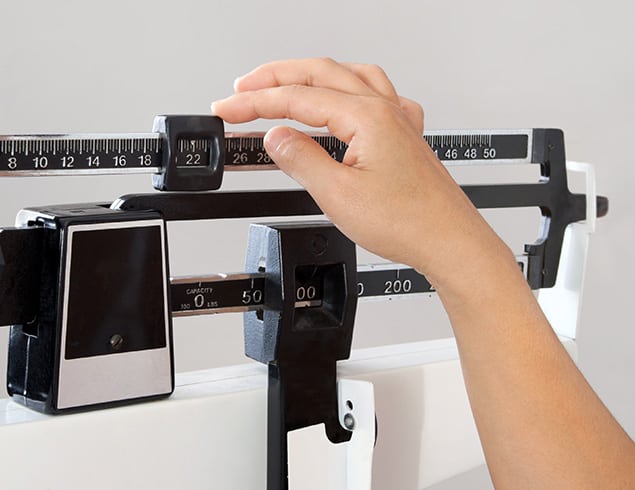
Weight loss surgery involves a major commitment to making positive lifestyle changes. From buying nutrient-rich foods to getting regular exercise, it’s important to make many of these adjustments after you have your operation. It’s just as critical to be take certain actions before you have your preferred weight loss surgery.
- Understanding what you’ll need to do ahead of time will increase your odds of seeing meaningful results from your weight loss operation.
- While your doctor will provide you with specific instructions before your surgery, you can prepare with some general guidelines.
CONTACT US TODAY
Pre-Operation Diet
Start making some changes to your diet about a week prior to your surgery. This typically includes eating smaller portions and incorporating more fruits and vegetables into your diet. Depending on your type of weight loss surgery, you may be asked to drink nutrition shakes about a week before your procedure. You may also be asked to lose a small amount of weight to minimize your risk of certain issues during and after the surgery. The general recommendation with beverages is to opt for sugar-free liquids and water.
Foods to avoid include:
- Foods high in sugar and unhealthy fats
- Sugary drinks such as carbonated soft drinks
- High calorie foods without sufficient nutrients

Vitamin and Protein Supplements
Some weight loss procedures involve changes to how the stomach and intestines are arranged or a significant reduction in the size of the stomach. As a result, fewer nutrients will be absorbed. Vitamin and protein supplements compensate for nutritional losses. Multivitamins may be recommended to provide an assortment of essential vitamins in an easy-to-manage dosage.
Shopping for Your Post-Surgery Diet
A post-operative diet typically includes liquids and softer foods. Doing your initial shopping before your surgery will give you a chance to get used to the foods you’ll need to have on hand for the first stage of your post-surgery diet. You may be referred to dietician before you have your surgery to further fine-tune your diet.
Stopping Certain Medications
Some medications may present problems with the anesthesia you’ll be given during your surgery. Over-the-counter and prescription drugs may also affect some of the medications you’ll need to temporarily take following your weight loss procedure. Pills will need to be crushed following surgery until you can safely consume solids again. Check with your doctor beforehand to be sure medications you are taking in pill form can be crushed. If not, ask if there are alternate forms available.
Common medications that often need to be stopped prior to surgery for weight loss include:
- Anti-coagulating agents
- Aspirin, Motrin, Advil, and other NSAIDs (non-steroidal anti-inflammatory drugs)
- Replacement hormones and birth control pills
Ask your doctor about safe alternatives, if needed.
Managing Underlying Health Issues
If one of the reasons for your surgery is to ease symptoms of a health condition that may improve by losing weight, you’ll be asked to take steps to manage it as much as possible. With type 2 diabetes, for instance, this would include watching blood sugar and cholesterol levels.
Smoking and Alcohol Consumption
Smoking can increase risks during any type of surgery. If you haven’t done so already, stop smoking. Some of the chemicals in cigarettes, including nicotine, can affect blood vessels and tissues and make it difficult to heal. The same recommendation is made with alcohol consumption, which should be stopped altogether a week or two prior to your weight loss procedure.
Make Arrangements With Work
You will need to take about one to six weeks off from work after your surgery, depending on the procedure you are having. The exact amount of time off you’ll need to request will also depend on your typical job duties and activities.
The Day Before Surgery
If you have a machine for sleep apnea, bring it with you. Arrange for transportation to the surgical center. You may feel better if you ask someone to stay until you are out of surgery.
The Day of Your Surgery
Wear loose fitting clothing to the surgical center. The anesthesiologist will provide any directions for essential medications such as insulin you may need to keep taking. Make arrangements for someone to pick you up when you are able to go home.
Use the time prior to your surgery to become as prepared physically and emotionally for your weight loss surgery as possible. Consider scheduling a separate appointment just to ask questions so you’ll be more confident about your surgery.

